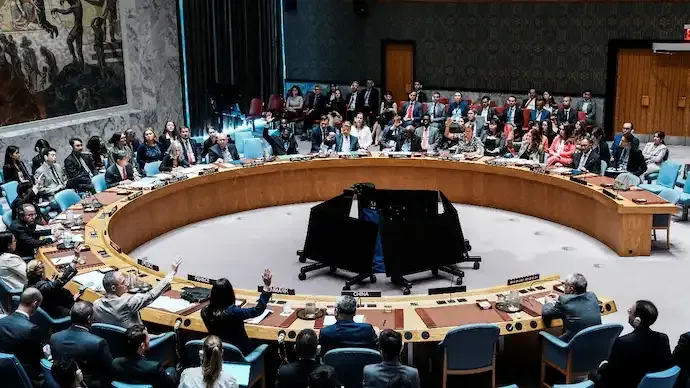Shopping cart
Your cart empty!
Terms of use dolor sit amet consectetur, adipisicing elit. Recusandae provident ullam aperiam quo ad non corrupti sit vel quam repellat ipsa quod sed, repellendus adipisci, ducimus ea modi odio assumenda.
Lorem ipsum dolor sit amet consectetur adipisicing elit. Sequi, cum esse possimus officiis amet ea voluptatibus libero! Dolorum assumenda esse, deserunt ipsum ad iusto! Praesentium error nobis tenetur at, quis nostrum facere excepturi architecto totam.
Lorem ipsum dolor sit amet consectetur adipisicing elit. Inventore, soluta alias eaque modi ipsum sint iusto fugiat vero velit rerum.
Sequi, cum esse possimus officiis amet ea voluptatibus libero! Dolorum assumenda esse, deserunt ipsum ad iusto! Praesentium error nobis tenetur at, quis nostrum facere excepturi architecto totam.
Lorem ipsum dolor sit amet consectetur adipisicing elit. Inventore, soluta alias eaque modi ipsum sint iusto fugiat vero velit rerum.
Dolor sit amet consectetur adipisicing elit. Sequi, cum esse possimus officiis amet ea voluptatibus libero! Dolorum assumenda esse, deserunt ipsum ad iusto! Praesentium error nobis tenetur at, quis nostrum facere excepturi architecto totam.
Lorem ipsum dolor sit amet consectetur adipisicing elit. Inventore, soluta alias eaque modi ipsum sint iusto fugiat vero velit rerum.
Sit amet consectetur adipisicing elit. Sequi, cum esse possimus officiis amet ea voluptatibus libero! Dolorum assumenda esse, deserunt ipsum ad iusto! Praesentium error nobis tenetur at, quis nostrum facere excepturi architecto totam.
Lorem ipsum dolor sit amet consectetur adipisicing elit. Inventore, soluta alias eaque modi ipsum sint iusto fugiat vero velit rerum.
Do you agree to our terms? Sign up

The United Nations reinstated sanctions on Iran early Sunday over its nuclear program, intensifying economic and social pressures on the country. The snapback sanctions, which took effect at 0000 GMT (8 p.m. Eastern), freeze Iranian assets abroad, halt arms deals, and target developments in Tehran’s ballistic missile program.
The measure, included in the 2015 Iran nuclear deal, was designed to be veto-proof at the UN Security Council. It was triggered by France, Germany, and the United Kingdom after Iran restricted monitoring of its nuclear program and failed to advance negotiations with the U.S. Tehran, which maintains uranium enriched up to 60%—close to weapons-grade levels—has recalled its ambassadors from the three European nations in protest.
Iran’s economy is already reeling, with the rial hitting record lows and food prices soaring. Essential items such as rice, meat, and dairy have seen price hikes of up to 100%, leaving many families struggling to afford basic necessities. Experts warn that economic hardship combined with rising geopolitical tensions could have serious social and psychological consequences.
The sanctions come amid concerns of renewed conflict between Iran, Israel, and potentially the U.S., as missile sites struck during June’s 12-day conflict are reportedly being rebuilt. Activists also warn of increasing domestic repression, with execution rates reportedly at a decades-long high.
U.S. Secretary of State Marco Rubio praised the European nations for demonstrating “decisive global leadership” and emphasized that diplomacy remains an option, contingent on Iran engaging in direct talks. Experts, however, caution that the absence of IAEA inspections increases the risk of miscalculation and potential military escalation.
For ordinary Iranians, the sanctions mean further economic hardship. Rising inflation, which the government pegged at 34.5% in June, and soaring food costs are driving anxiety and increasing demand for psychological support. Citizens express concerns for their children’s nutrition and their ability to cope with the compounding effects of sanctions, inflation, and geopolitical instability.
The international community continues to monitor the situation closely, balancing enforcement of sanctions with efforts to prevent further conflict and humanitarian crises.
5
Published: Sep 28, 2025